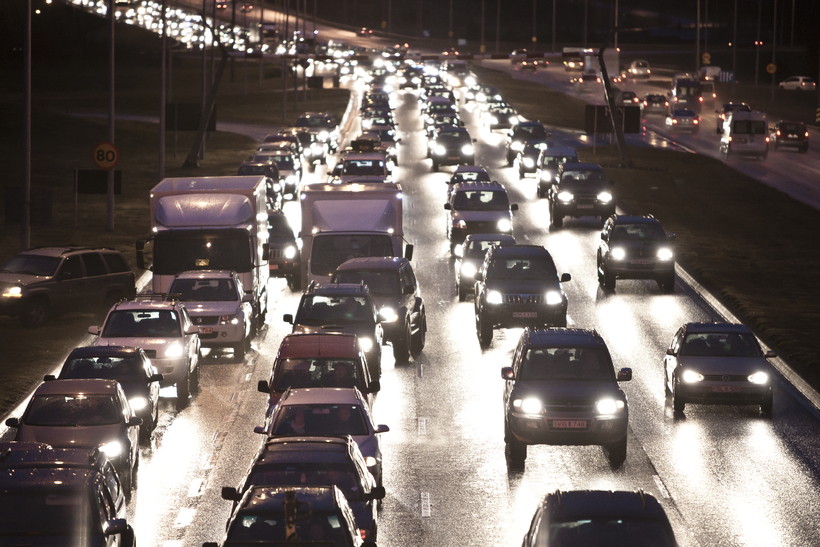Does Iceland need to put its clocks back?
Putting the clocks back in Iceland is a pressing public-health issue, according to Björg Þorleifsdóttir, Lecturer in Medicine at the University of Iceland.
Despite lying to the west of the geographical time zone associated with Greenwich Mean Time (GMT), Iceland has used GMT as its official time since 1968. This means that clocks in Iceland are about one hour ahead of the physical ‘sun clock’.
When the clock says 8am in Iceland, the outside conditions are more like those expected at 7am. When the sun is at its zenith, the clock does not say midday, but 1pm. And so on.
This discrepancy between local time and solar time can cause something known as ‘social jetlag’ and, according to Þorleifsdóttir, Icelanders are displaying signs of this condition.
The situation is particularly problematic in the winter mornings, with most Icelanders needing to wake up for work in the pitch dark.
Last month, a group of Icelandic MPs from five parties moved a parliamentary resolution calling for the time in Iceland to be put back by one hour. Þorleifsdóttir is very much in favour of such a change, which would mean that Icelanders would wake up to the morning sunlight all the way into late November.
A ‘fast’ clock has the effect of people going to bed later on weekdays, and therefore sleeping less. Studies have shown that Icelanders sleep around one hour less than people in other countries, and there is a clear link between a lack of sleep and various health issues, including heart disease, obesity and diabetes.
The effect of Iceland’s time mismatch is greatest on young people.
Symptoms of this type of ‘social jetlag’ include an attention and awareness deficit, lower levels of concentration, slower reaction times, restlessness and mood swings.








